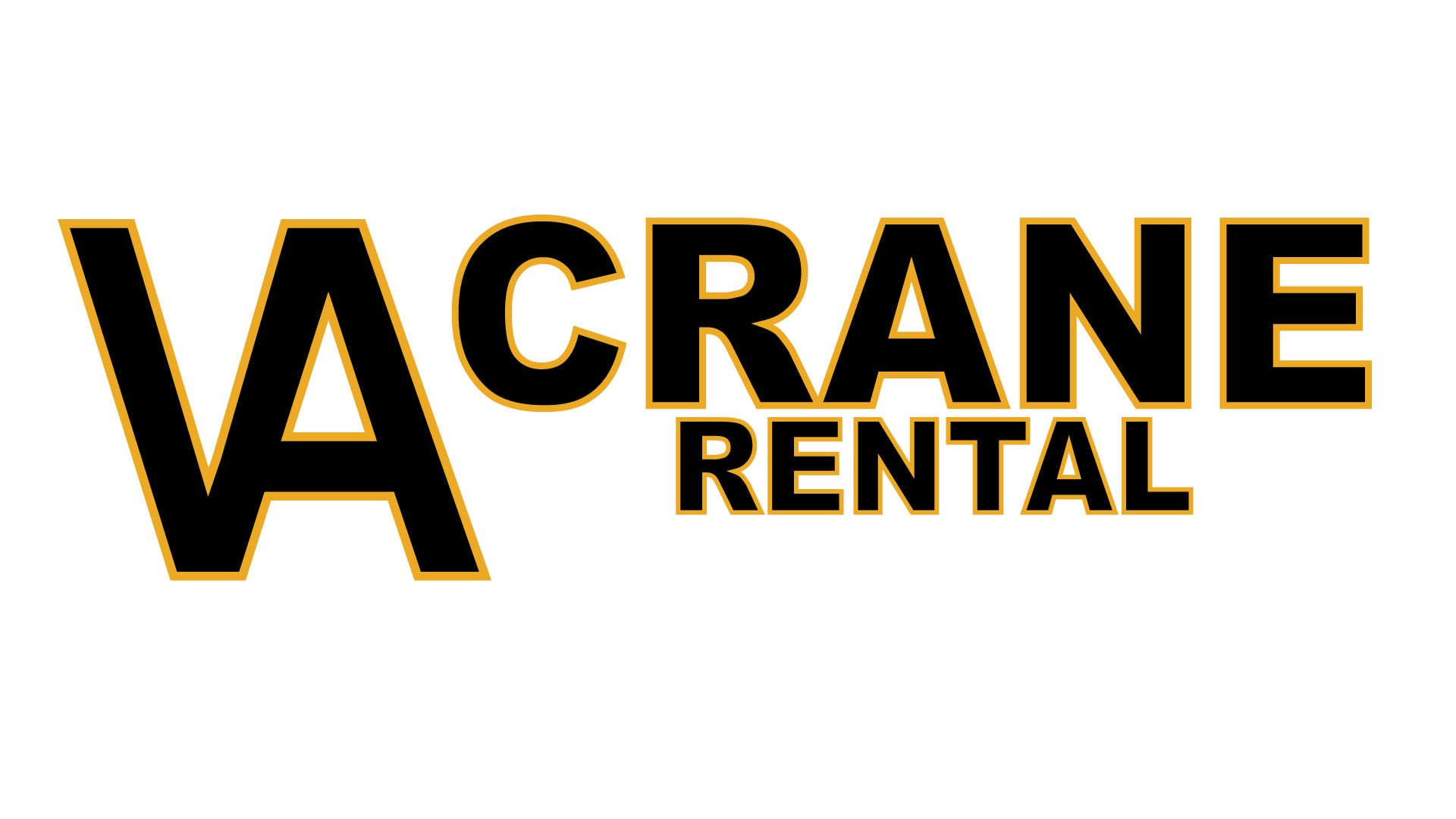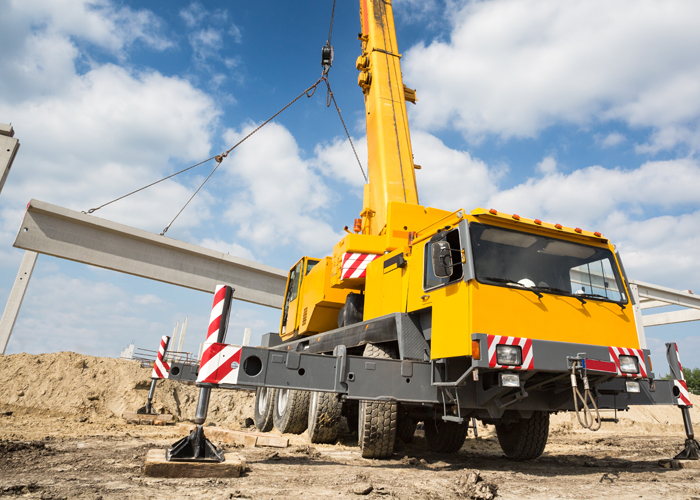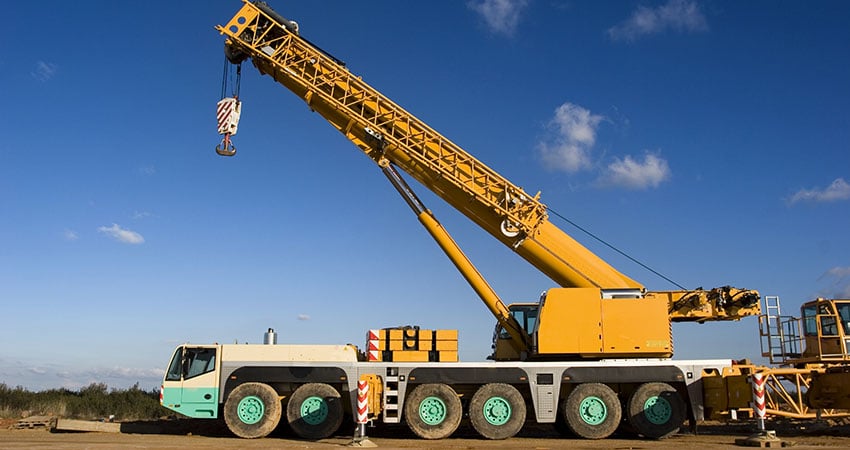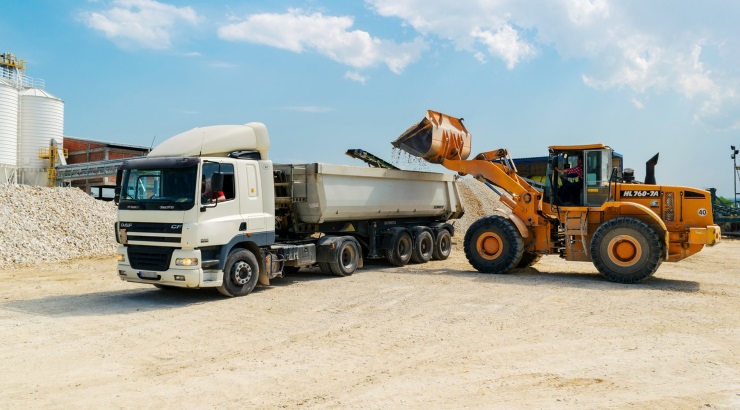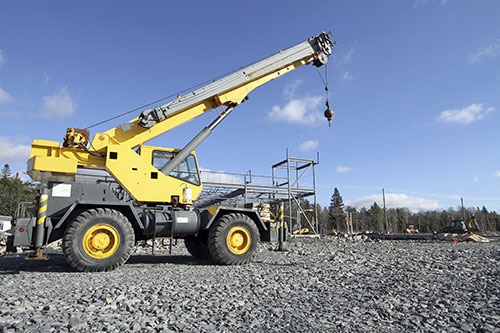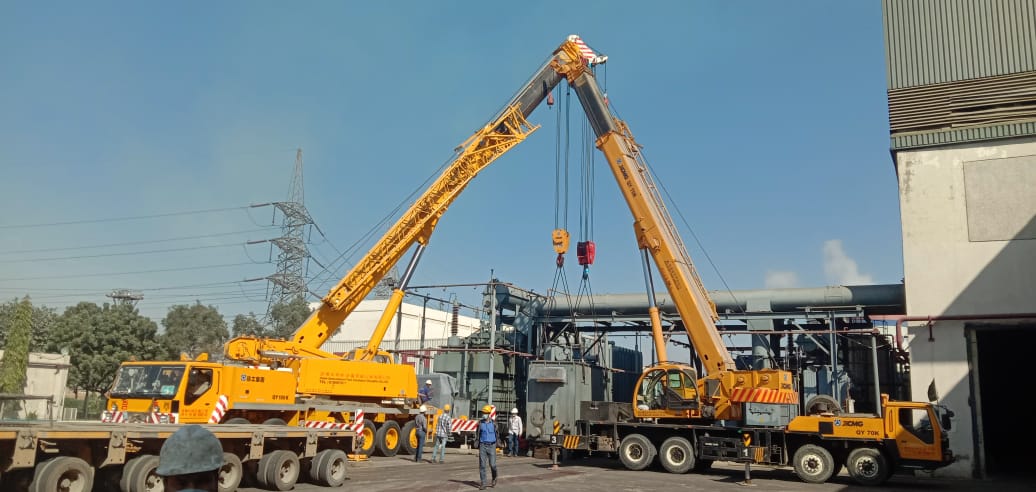In the dynamic world of construction and industrial projects, the need for heavy lifting solutions is constant. Whether it’s erecting steel structures, positioning precast concrete elements, or installing heavy machinery, efficient and reliable lifting equipment is indispensable. Fortunately, heavy lifting crane rentals offer a flexible and cost-effective solution to meet these demands.
We explore how heavy lifting crane rentals make challenging lifting tasks easier:-
- Versatility for Various Projects: One of the primary advantages of heavy lifting crane rentals is their versatility. These cranes come in a range of sizes and configurations, allowing contractors to select the right crane for their specific project requirements. Whether it’s a compact mobile crane for tight urban spaces or a towering crawler crane for lifting heavy loads at height, rental companies offer a diverse fleet to cater to a wide range of applications. This versatility ensures that contractors have access to the appropriate equipment for their lifting needs, without the hassle of purchasing and maintaining multiple cranes.
- Cost-Effectiveness: Investing in a heavy lifting crane outright can be a significant capital expense for construction companies, particularly for projects with fluctuating lifting requirements. Heavy lifting crane rentals provide a cost-effective alternative, allowing contractors to access high-quality equipment on an as-needed basis. By renting cranes instead of purchasing them, companies can reduce upfront costs, conserve capital, and allocate resources more efficiently. Additionally, rental agreements often include maintenance and servicing, further reducing the overall cost of ownership for contractors.
- Flexibility and Scalability: Construction projects are inherently dynamic, with timelines, budgets, and scope often subject to change. Heavy lifting crane rentals offer flexibility and scalability to adapt to evolving project requirements. Contractors can adjust the duration and scope of crane rentals to align with project milestones, minimizing downtime and maximizing productivity. Furthermore, rental companies typically have a large inventory of cranes available, allowing contractors to scale up or down as needed without the constraints of owning fixed assets.
- Access to Expertise and Support: Renting a heavy lifting crane not only provides access to cutting-edge equipment but also to the expertise and support of rental companies. Experienced crane operators and technicians are often available to assist with crane setup, operation, and maintenance, ensuring safe and efficient lifting operations. Rental companies also offer training programs and technical support to help contractors maximize the performance and safety of rented equipment. This level of support can be invaluable, particularly for contractors who may not have extensive experience with heavy lifting operations.
- Compliance and Safety: Heavy lifting crane rentals adhere to stringent safety standards and regulations, providing contractors with peace of mind and assurance of compliance. Rental companies conduct regular inspections and maintenance on their equipment to ensure that it meets industry safety requirements. Additionally, rental agreements typically include insurance coverage, protecting contractors from liability in the event of accidents or damage during crane operations. By renting cranes from reputable providers, contractors can prioritize safety and mitigate risks on the job site.
Conclusion: Heavy lifting crane rentals offer a convenient, cost-effective, and flexible solution for construction projects requiring lifting capabilities. From versatility and cost-effectiveness to flexibility and safety compliance, the benefits of renting heavy lifting cranes are numerous. By leveraging rental equipment and support services, contractors can tackle challenging lifting tasks with confidence, efficiency, and peace of mind, making heavy lifting easier and more manageable than ever before.

